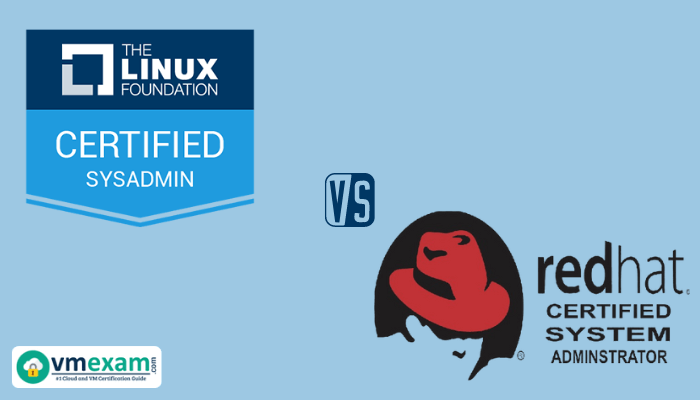
Getting ready for the Red Hat Certified System Administrator (RHCSA) exam, specifically the EX200, demands considerable effort and dedication. This credential is well-respected within the IT sector and signifies your adeptness in managing Red Hat Enterprise Linux systems. To assist you on this demanding path, we have put together a thorough guide featuring the top resources. Whether your focus is on finding RHCSA exam questions, practicing with sample exams, or delving into the syllabus, this guide has everything you need.
Unpacking the RHCSA Certification
Before exploring the available resources, it’s important to understand the scope of the RHCSA certification. The RHCSA exam, known as EX200, assesses your competencies in system administration, installation, and configuration on Red Hat Enterprise Linux. Passing this exam certifies that you can efficiently manage and administer systems, a skill that the IT industry highly values.

